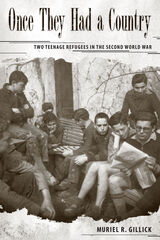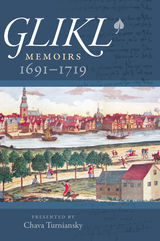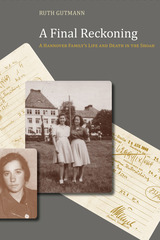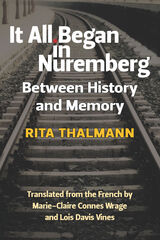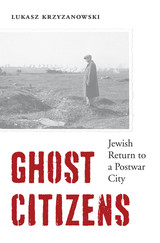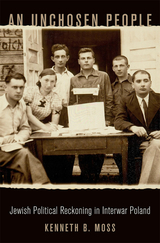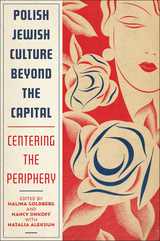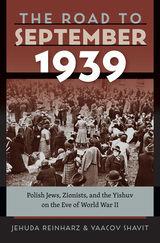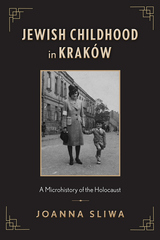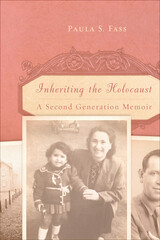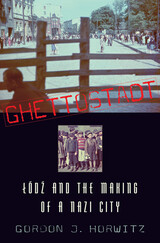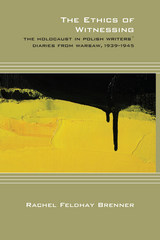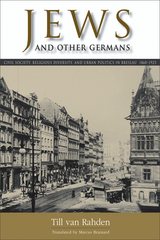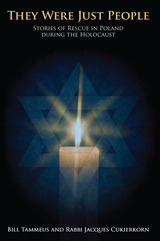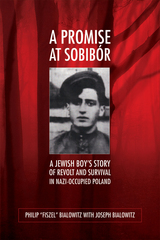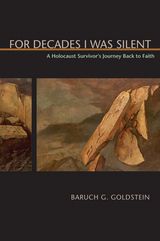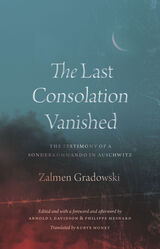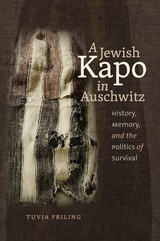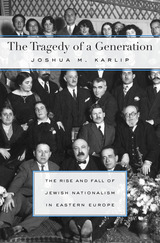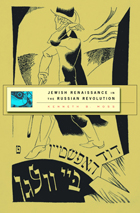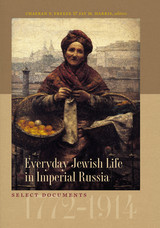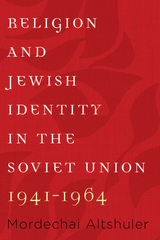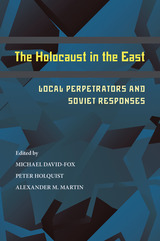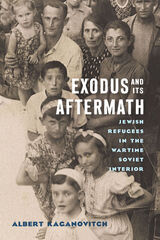Jews and Other Germans: Civil Society, Religious Diversity, and Urban Politics in Breslau, 1860–1925
University of Wisconsin Press, 2008
Cloth: 978-0-299-22690-9 | Paper: 978-0-299-22694-7
Library of Congress Classification DS134.66.W76R3413 2008
See other books on: Brainard, Marcus | Catholics | Civil Society | Poland | Protestants
See other titles from University of Wisconsin Press
Cloth: 978-0-299-22690-9 | Paper: 978-0-299-22694-7
Library of Congress Classification DS134.66.W76R3413 2008
ABOUT THIS BOOK | AUTHOR BIOGRAPHY | REVIEWS | TOC
ABOUT THIS BOOK
Jews and Other Germans is the first social and cultural history to probe the parameters of Jewish integration in the half century between the founding of the German Empire in 1871 and the early Weimar Republic. Questioning received wisdom about German-Jewish assimilation and the pervasiveness of anti-Semitism in Imperial Germany, van Rahden’s prize-winning book restores some of the complexity and openness of relations between Protestants, Catholics, and Jews before World War I.
Closely analyzing the political, social, and cultural life in a major German city, van Rahden shows that Jews were a part of a broad urban community that encompassed diversity within unity, at once offering them a large measure of equality while permitting them to remain meaningfully Jewish. Jews and Other Germans also substantially revises the chronology of anti-Semitism in Germany, showing that Jews only began to experience exclusion from Breslau’s social world during World War I.
Yet van Rahden not only illuminates Breslau’s multicultural fabric; he also tells the story of this remarkable city as one of cultural and religious conflict and coexistence. Recounting the experiences of Jews, Protestants, and Catholics within a single narrative, he offers a critical intervention into scholarship on liberalism and civil society in nineteenth- and early twentieth-century Europe.
See other books on: Brainard, Marcus | Catholics | Civil Society | Poland | Protestants
See other titles from University of Wisconsin Press

